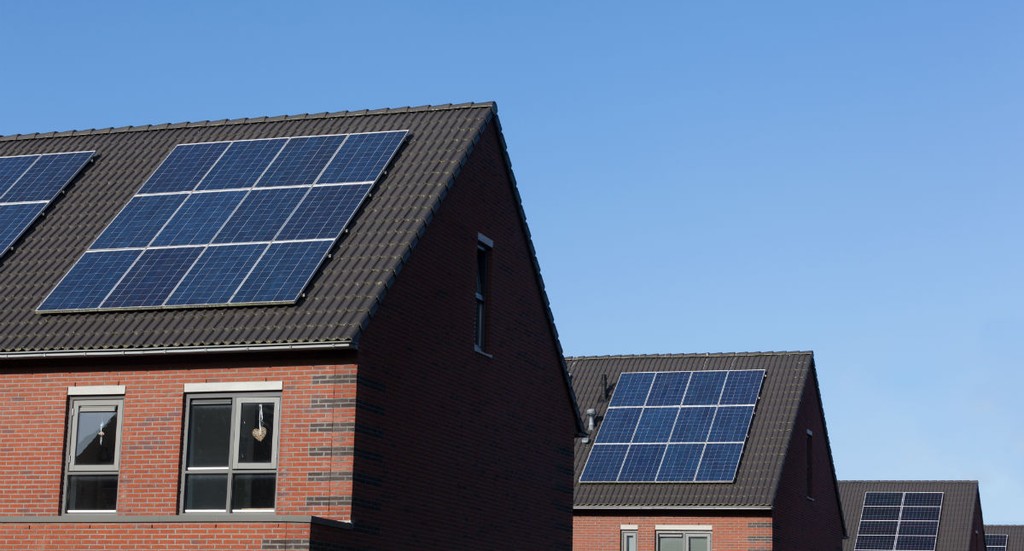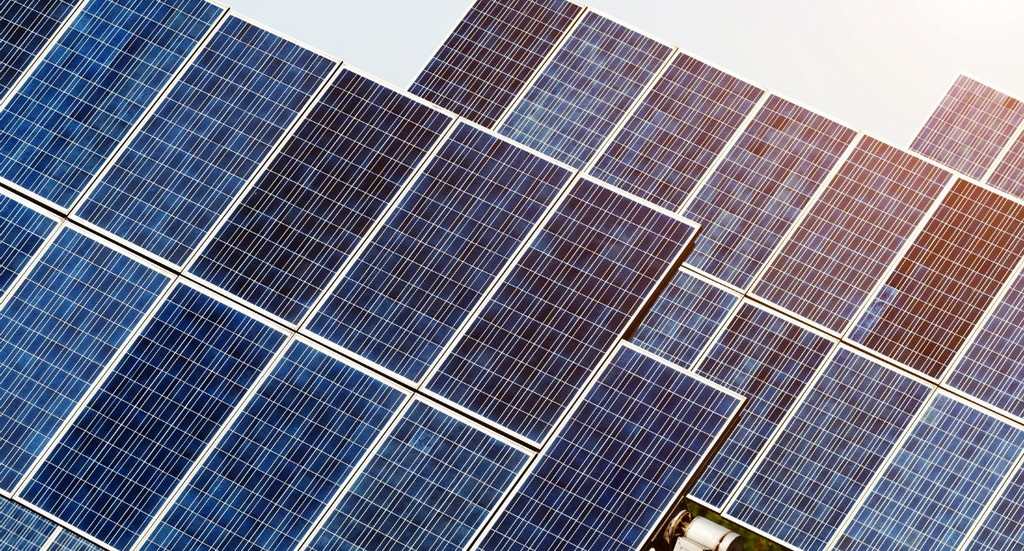
What is a Solar Panel Charge Controller and Why Do You Need One?
A solar panel charge controller is also known as a charge regulator.
It is a current regulator that keeps your batteries from overcharging. The solar power controller regulates the voltage and current that comes from the panels and travels to the battery. Many solar charge controller 12V batteries tend to put out around 16 – 20 volts, so if there wasn’t a regulation, the pwm charge controller batteries would be damaged from overcharging. Typically, batteries need to be about 14 – 14.5 volts to be fully charged. You don’t always need a controller if you’re using 1 to 5 watt panels. As a rule of thumb, if the panel puts out approximately 2 watts or even less for each 50 battery amp, you won’t need one.



Solar Charge Controller
More About a Solar Power Controller and Why 12 Volt Panels Are Really 17 Volts
When it comes to choosing a solar power charge controller, many people ask why panels aren’t just made to put out 12 volts. If that was done, the panels would only give off power when cool, and under perfect conditions. The panels need to provide extra voltage so that you can still get optimal use on cloudy days. The solar controller will regulate about 16 – 20 volts down to what the battery requires at the time and depending on the type of battery, depending on what mode the solar charge controller 12V is in, and the temperature.
Go Off the Grid with Solar Battery Charge Controller Solar Kits
If you’ve been looking for ways to save money and go off the grid, it’s time to consider a solar battery charge controller and a solar generator. Alencon’s unique technology is driving down the cost of renewable energy production and provide unique solution called Solar + Store.